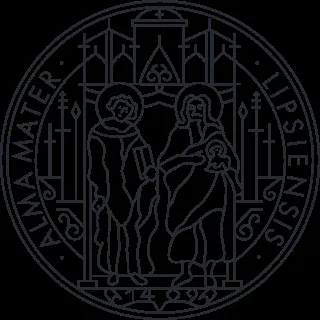Leipzig University
Leipzig University, in Leipzig in Saxony, Germany, is one of the world's oldest universities and the second-oldest university in Germany. The university was founded on 2 December 1409 by Frederick I, Elector of Saxony and his brother William II, Margrave of Meissen, and originally comprised the four scholastic faculties. Since its inception, the university has engaged in teaching and research for over 600 years without interruption.

Some of the key events about Leipzig University
- 1409The university was founded as the second oldest in Germany
- 1409The university was founded as a result of German professors and students leaving Prague due to ethnic tensions
- 1519The university became a center for the dissemination of Martin Luther's ideas, contributing to religious conflicts
- 1543The first German textbook on anatomy was published by a professor at the university
- 1580The university enforced Lutheran orthodoxy, limiting academic freedom
- 1725The university established one of Europe's first university botanical gardens
- 1813The university suffered significant damage during the Battle of Leipzig
- 1838The university founded Germany's first university psychiatric clinic
- 1871The Institute of Experimental Psychology was established, becoming the world's first psychological laboratory
- 1909The university's Institute for the Study of Religions became the first of its kind in Germany
- 1925The university established the first chair for theoretical physics in Germany
- 1933The university implemented Nazi racial policies, dismissing Jewish faculty members
- 1934The university's Institute for Clinical Psychology became the first of its kind in Germany
- 1936The university's theological faculty was closed due to its opposition to Nazi ideology
- 1945The university was severely damaged by Allied bombing during World War II
- 1953The university founded the first Institute for African Studies in Germany
- 1953The university was renamed "Karl Marx University" under East German rule, imposing communist ideology
- 1968The university's main church, Paulinerkirche, was demolished by the East German government despite protests
- 1991The university underwent significant restructuring after German reunification, leading to job losses and department closures
- 2009The university celebrated its 600th anniversary with extensive renovations and new buildings
Disclaimer: This material is written based on information taken from open sources, including Wikipedia, news media, podcasts, and other public sources.





























